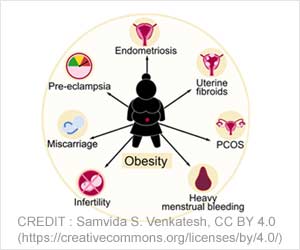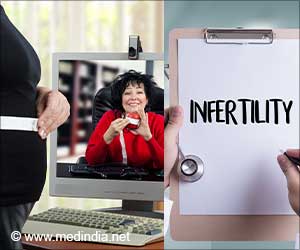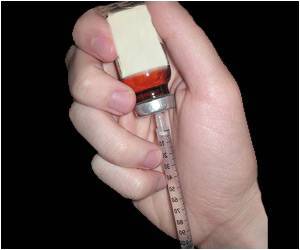Women have significantly higher awareness and understanding of GLP-1/GIP receptor agonists used in obesity treatment compared to men, with safety concerns being the major barriers to uptake.

32nd European Congress on Obesity
Go to source). Multiple randomised controlled trials have demonstrated that treatment with glucagon-like peptide-1 and glucose-dependent insulinotropic polypeptide receptor agonists (GLP-1/GIP RAs) lead to substantial weight loss. GLP-1/GIP RA use is increasing worldwide and a national roll-out of tirzepatide (brand name Mounjaro) is forthcoming in the UK National Health Service. Understanding public perspectives on GLP-1/GIP RAs could inform approaches supporting equitable treatment rollout and uptake, and will help identify target areas for education to promote informed decision-making.
‘Did You Know?
87% of women are aware of GLP-1/GIP receptor agonists for weight loss, compared to 68% of men; this gender knowledge gap impacts obesity treatment adoption, especially with safety concerns. #medindia #obesitytreatment’





87% of women are aware of GLP-1/GIP receptor agonists for weight loss, compared to 68% of men; this gender knowledge gap impacts obesity treatment adoption, especially with safety concerns. #medindia #obesitytreatment’
Advertisement
Survey Demographics and Weight Loss Attempts
The authors conducted a study of UK adults using the Imperial College Qualtrics electronic survey platform between 10 Oct to 12 Nov 2024. Participants were recruited to the study through Voy and its affiliates’ mailing lists, and using partnering organisations and community groups and social media channels such as X and LinkedIn. The survey included 45 questions covering knowledge and attitudes to GLP-1/GIP RA use, weight loss behaviours and level of agreement with statements regarding GLP-1/GIP RAs. Data were analysed using statistical modelling.Advertisement
Higher Awareness Among Women
A total of 1,297 adults completed the survey: median age 44 years, and median BMI 28.4 kg/m2. Over a third (35%) identified as male, 62% as female, 0.3% selected other, and 0.3% opted not to disclose. Among the participants, 196 (17%) were from non-white ethnic groups. 72.6% reported weight loss attempts in the last 12 months; 432 (33.3%) reported more than 10 years of attempted weight loss.1,036 (80%) reported awareness of GLP-1/GIP RAs, with women significantly more likely than men to report both higher awareness (87% vs. 68%) and excellent understanding (20% vs. 8%) of GLP-1/GIP RAs. A total of 359 participants (35%) reported current use of these obesity drugs, 85% reported prior use, and 111 (11%) reported interest in use.
Factors Influencing Decisions to Use Medication
An understanding of possible side effects (81%), effectiveness of the medication (79%), and ability to maintain weight loss results (67%) were important/very important factors in deciding to use GLP-1/GIP RAs. Concerns around safety (67%), possible side effects (65%) and risk of weight gain after discontinuation (65%) were identified as key barriers to commencing GLP-1/GIP RAs.Those currently or previously using GLP-1RAs were more likely to give opinions in favour of their use – they were around seven times more likely than non-users to strongly disagree with the statements of scepticism that “risks outweigh the benefits" and "there is not enough evidence to suggest GLP-1RAs are safe".
Improving Health Literacy for Informed Decisions
The authors conclude: “There is high awareness of these newer generation obesity medications in the general population. Concerns regarding safety profiles, side-effects and risk of weight re-gain after discontinuation were among the leading perceived barriers to initiating GLP-1/GIP receptor agonists in people not currently using them. Those currently using these medications perceive them as safe and effective, and advocate for wider accessibility. Causes for uncertainty and scepticism in people not using GLP-1RAs highlight avenues for improved public information to support equitable roll-out and uptake of novel medications for obesity. A new wave of digital health providers are emerging, including Voy who co-authored this research, with a mission to improve safe and timely access to these life-changing medications.”They add: “The obesity epidemic has been a serious concern for people and health systems worldwide and it’s exciting that we now have access to effective pharmacotherapy that can help people achieve a healthy weight range. However, our study found that many people are first learning about these medications from the news and social media. This makes it very important to address any prevailing misconceptions about these medications on social media and in the mainstream news media. One important part of the solution is to communicate important research findings to the public in a way that improves health literacy. This approach can help empower individuals and inform evidence-based decision making.”
Reference:
- 32nd European Congress on Obesity - (https://eco2025.org/)
Source-Eurekalert















